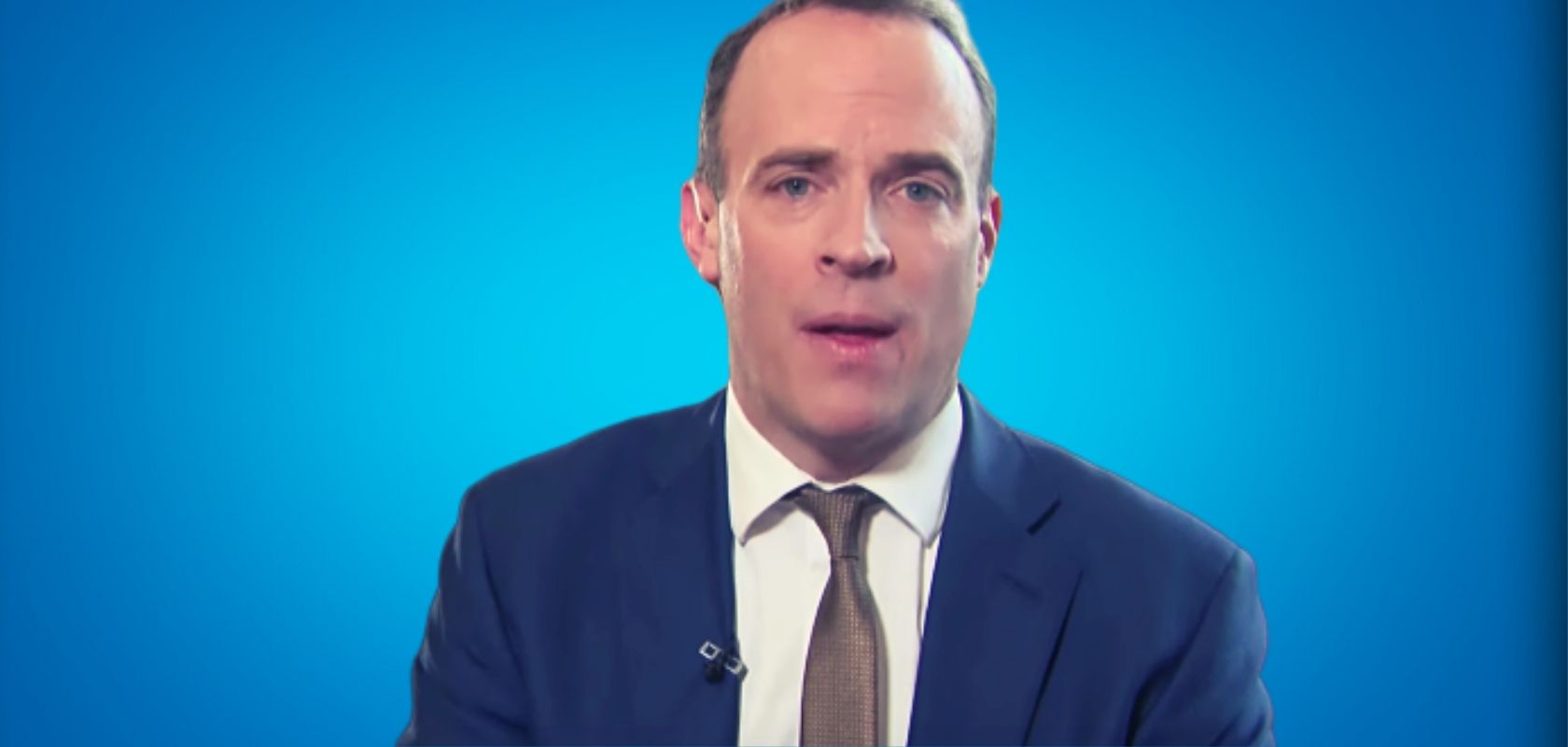It sounds like a great idea: have an independent, thus presumably unbiased fact-checker determine what’s true and what’s false, and use their findings to ban or allow content on social media networks.
But it immediately becomes clear that fact-checkers also need to be checked – are they really impartial and trustworthy? Too many times, however, this issue is not raised at all. But now, some light is being shone on this problem, in the context of a political clash in the UK ahead of elections there.
Namely, the country’s Conservatives decided to change the name of their Twitter account to “FactCheckUK” – causing criticism from opponents for misleading behavior, and even the possibility of the account getting banned by Twitter.
One of those critics has been Full Fact – to all intents and purposes, a self-styled fact-checker, who don’t seem to appreciate having competition in this space. At least that’s what UK’s Foreign Secretary Dominic Raab alleges, as he defends the party’s right to “rebrand” its Twitter presence in the way it has done.

And while at it, Raab went to the heart of the problem with the fact-checking industry: what qualifies these outfits as the ultimate arbiters?
“Who said Full Fact is the final arbiter of what the public get to see as the truth? There’s no God-given right, set in law. It doesn’t sound to me like they like the competition,” the minister said.
FullFact is receiving nearly a million pounds in donations every year, including from Facebook and Google, but also from billionaires Pierre Omidyar and George Soros whose liberal bias is well-known. Among Full Fact’s total of 19 staff are former BBC and Guardian journalists, and they are not banned from being members of political parties, as long as they don’t publicly talk about their political preferences.
Meanwhile, Full Fact’s co-founder and CEO Will Moy, maintains that the organization, registered as a charity, is impartial. In the past, he sat on the board of Hacked Off, which the article describes as “an anti-press body.” It was launched to target tabloid newspapers after the phone-hacking scandal of 2011.






















